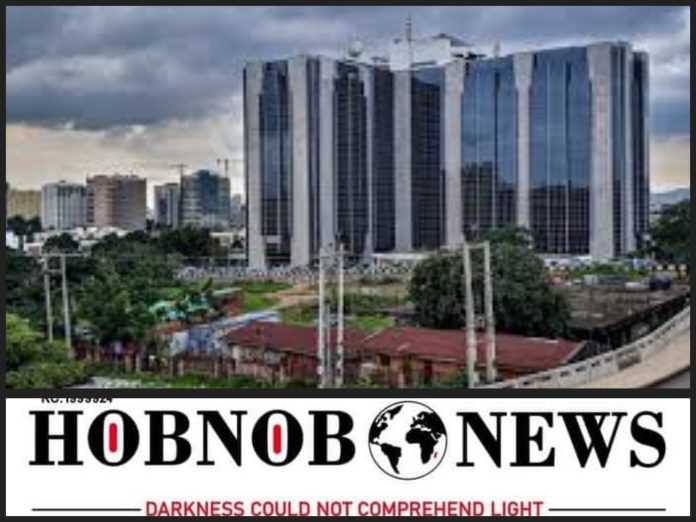An investigation reveals that four major Nigerian banks are facing significant challenges due to the Central Bank of Nigeria’s (CBN) stringent recapitalization policy. The banks are struggling to meet the new minimum capital requirements, which could lead to a loss of their brand identities.
The CBN’s policy, announced on March 28, 2024, requires banks to increase their capital bases by April 1, 2026. Commercial banks with international licenses must reach N500 billion, national banks must meet N200 billion, and regional banks must secure N50 billion.
The four banks in question have submitted their recapitalization plans, but the CBN is skeptical about their viability. Two banks are considering downgrading to regional licenses, while the other two face challenges in retaining their national status.
One bank, a longstanding institution, recently raised N40 billion through a rights issue but still falls short of the required N200 billion. Another bank was downgraded by Fitch Ratings due to concerns about its capital adequacy ratio and recapitalization plan.
A third bank, rescued by the CBN in 2022, is struggling to find a suitor due to concerns about its acquisition of a troubled bridge bank. Employees are anxious about potential job losses.
The CBN has provided three recapitalization options: private placements, mergers and acquisitions, and license upgrades or downgrades. However, adherence to these methods is non-negotiable, and the CBN will not accept alternative approaches.
HOBNOB NEWS

